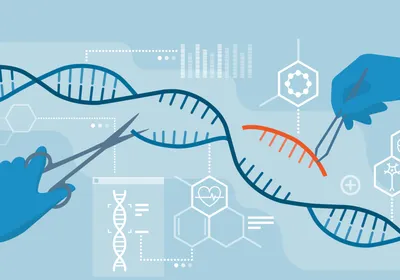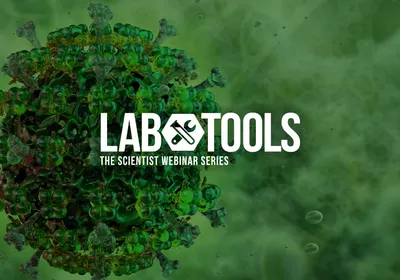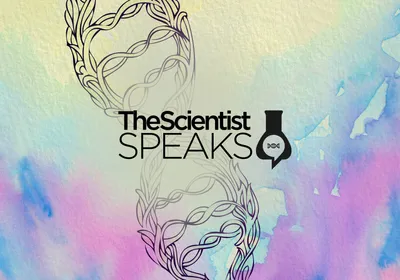 WIKIMEDIA, NICK HOBGOODRNA editing sites are rarely found in the coding regions of most animals’ genomes. But according to a study published today (April 6) in Cell, the genomes of squid, octopus, and cuttlefish contain hundreds of thousands of editing sites, many of which are found in coding regions and are evolutionarily conserved.
WIKIMEDIA, NICK HOBGOODRNA editing sites are rarely found in the coding regions of most animals’ genomes. But according to a study published today (April 6) in Cell, the genomes of squid, octopus, and cuttlefish contain hundreds of thousands of editing sites, many of which are found in coding regions and are evolutionarily conserved.
The authors showed that recoding events—in which RNA’s adenosine (A) is post-transcriptionally converted to inosine (I), resulting in incorporation of a new amino acid—are often adaptive and contribute to diversity in the animals’ proteomes. And sequence conservation of regions surrounding editing sites has slowed down genome evolution in behaviorally complex coleoid cephalopods.
Coleoid cephalopods “change the amino acid code, so you have a big diversification of the proteome, which you don’t see in any other animals,” Marie Öhman, who studies RNA editing in the mammalian brain at Stockholm University in Sweden and did not participate in the work, told The Scientist. “That it’s so extensive is really amazing.”
“When we started looking into this we really didn’t know if this massive recoding was more of ...





















